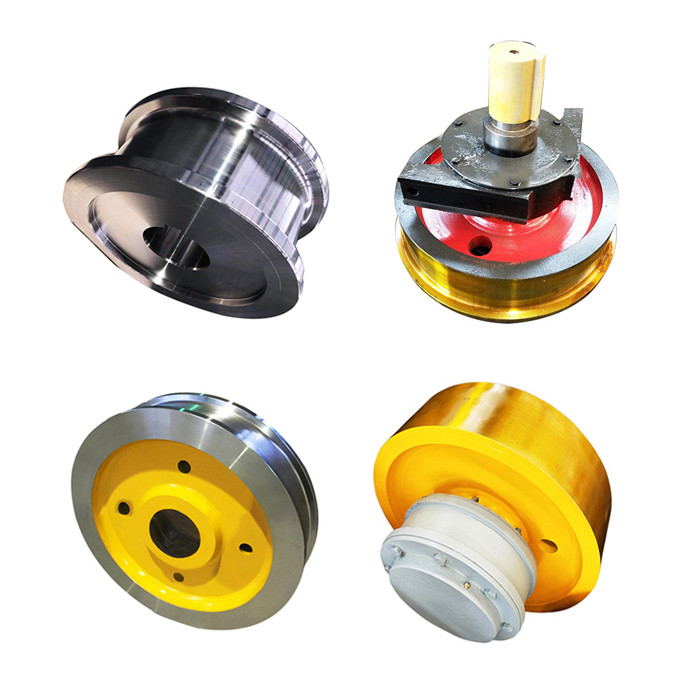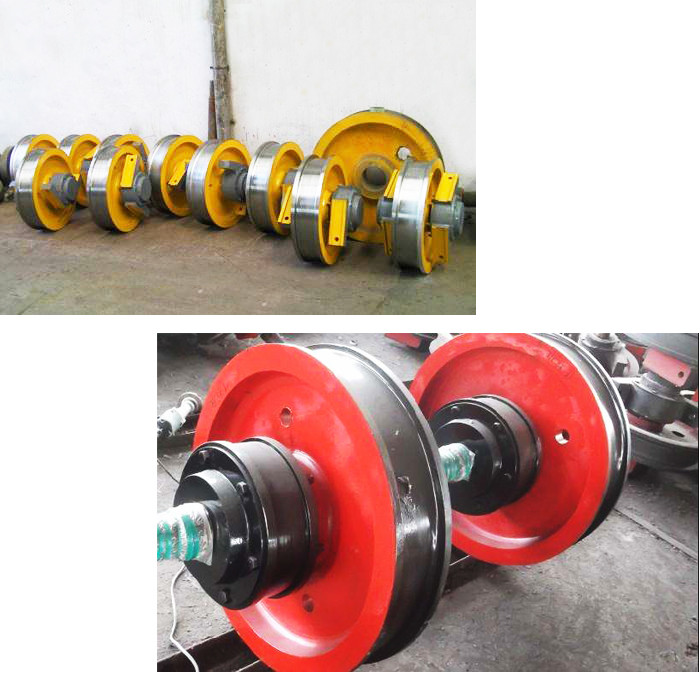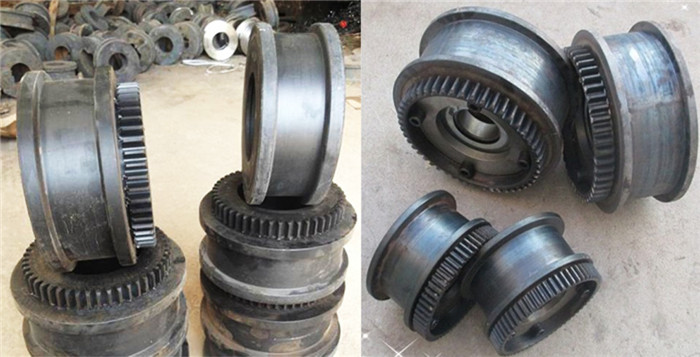Component giant layout new business
When vehicle companies start building Internet vehicles and smart cars one after another, parts and components companies have also joined the three major new businesses including car networking, new energy, and autonomous driving. This is the direction that vehicle companies are exploring, with Bosch as the representative. Parts giants are also stepping up to this new business.
Recently, Dr. Rolf Bulander, a member of the Board of Directors of the Bosch Group, revealed in an interview with reporters that Bosch is better at hardware. The next step is to find an Internet company to collaborate on the software. The purpose is to become the main supplier of Vehicular Network:
In the car you can see the traffic lights; you can give commands by waving your hand; the car display shows the content according to your needs, and if you turn it, it shows the content you need to turn; you do not know if there is a parking space in front of the rest stop. With Bosch's latest “Truck Safe Parking†system, parking spaces on the freeway can be booked online, and transportation companies can know in advance through the “preventive diagnostic system†which vehicles in the fleet need to be repaired or maintained.
These car networking related products are only part of Bosch's new car networking technology development. Wolf-Henning Scheider, head of Bosch's global automotive business, told 21st Century Business Herald reporter: "Bass will be able to help every new commercial vehicle in Europe and the United States to be connected to the network by 2016."
At the Hanover Motor Show one month ago, Bosch highlighted the use of these new technologies in commercial vehicles. In fact, most of these products can be directly applied to passenger vehicles.
In Bosch's joint venture with Daimler in Hildesheim, Germany, the annual output of mass-produced motors for new energy vehicles has reached 90,000, which is matched with the SMART electric vehicles. At the same time, for trucks that cannot achieve fuel economy with new energy alone, Bosch uses a combination of new energy and traditional power-saving solutions to develop a special fuel-saving plan for trucks. Using Bosch's technology, by the year 2020, commercial vehicle fuel consumption in the European market will be reduced. Can be reduced by 15%. According to the current European market oil prices and the average total mileage of 13.5 kilometers per year, it is equivalent to an operating cost of 10,000 euros per truck per year.
Another giant, Delphi, is also developing a high-voltage power distribution system. The system it develops can save 25%-30% of energy for vehicles operating in urban conditions.
Global Parts Accelerate Acquisition and Reorganization
Since September of this year, the component giants have started a new round of acquisitions: On the afternoon of September 15, European Central Time, ZF Friedrichshafen AG announced that it had spent USD 13.5 billion in cash to acquire all the shares of TRW Automotive Holdings. It has become the largest M&A in the auto parts industry in the past 10 years.
At the same time as ZF's acquisition of TRW, both ZF and TRW had a certain amount of steering operations. In order to avoid impediments from anti-monopoly institutions in the European Union, ZF will also hold ZF Enksysteme GmbH. The 50% stake is sold to Bosch. Ten days later, according to the report of Japan’s Kyodo News, Matsushita’s initial decision to acquire Spain’s auto parts giant Falcase.
The reorganization between parts and components companies, on the one hand, is to expand the scale, such as ZF's acquisition of TRW, operating income up to 30 billion euros (about 41 billion US dollars), making it in the global parts industry rankings , quickly rose from ninth place in 2013 to second place. In addition, the more important purpose is to enhance the competitiveness of emerging businesses.
ZF CEO Stefan Sommer said driving assistance systems and autonomous driving will be important profit growth points in the future. To achieve automatic driving, TRW's cameras and radar systems are indispensable for autonomous driving.
For Bosch, the full control of ZF Steering Systems will enable it to further enhance autonomous driving technology. "(ZF steering systems) is a technological leader in the growing field of electric power steering, and this is precisely the core technology of automatic driving, energy saving and environmental protection, and even electric vehicles," said Rolf Bulander. Panasonic teamed up with FACS to develop advanced driver assistance systems (ADAS) for accident prevention. This is also an important technical reserve for autonomous driving.
Competitors not only from the industry
"The car of the future must be integrated with the Internet. The realization of driverless vehicles and smart cars must pass through the Internet." Rolf Bulander believes that "the automobile interconnection industry will have a scale of at least 10 billion euros in the next five to eight years."
However, Bosch, the boss of the auto parts industry, faces not only the challenges in the industry. Unlike the previous rounds of OEM changes, this round of change seems to have been played by Internet companies. After Baidu released CARNET, a popular car networking product, it also cooperated with international automobile manufacturers such as Mercedes-Benz, BMW, Volvo, and Toyota to carry out in-depth cooperation in the field of car networking and access Baidu LBS car networking API. Tencent also launched a car networking product "Lobo" box.
Apple launched the CarPlay car operating system as early as 2013, which can map the iOS device's interface to the central control screen. As of now, it has received the support of Honda, Hyundai, Mercedes-Benz, Audi and other auto giants. On the other hand, Google announced the establishment of the Open Auto Alliance this year. The first partners included GM, Honda, Audi, Hyundai, and other car companies. At the Google Developers Conference 2014 in late June, Google Android system AndroidAuto officially announced, marking the Google officially entered the car technology.
"We have an advantage over Internet cars because we know more about the automotive industry," Rolf Bulander said. No matter how the car changes, hardware always needs it. Bosch's sensors and intelligent control systems are leading in the industry. In any case, the parts giants will never take it lightly for threats from self-driving cars such as Google.
Crane running wheels assembly are technically advanced and successfully used in different industries like (Steel Plant, Rolling Mill, Cement Plant, Fertilizer Plant, Paper Mill, Chemical Industries etc.)
Forged Crane Wheels are available in Crane potation hardness up to 40 HRc including our standard heat treatments.

Application:
Travelling Wheel is used to support cranes and load, and in orbit to make crane moving back and forth to run the device.
Major damage in the form of wheel wear and pitting crushed hardened layer.
The material:
ZG430-640 cast steel, 60#,65 #, 65Mn, 42CrMo or according to your demand
Processing:
In order to improve strength and wear-resistant surface of the wheel life, tread surface heat treatment should be to require the surface hardness of HB300-380.
General features:
High tolerance, High tensile strength, Optimum performance, Heavy load support.
Product show:


Crane Running Wheel
Crane Running Wheel,Overhead Crane Running Wheel,Running Wheel For Crane,Crane Traveling Wheel
Jiangxi Mide Industrial Co., Ltd. , http://www.midecrane.com